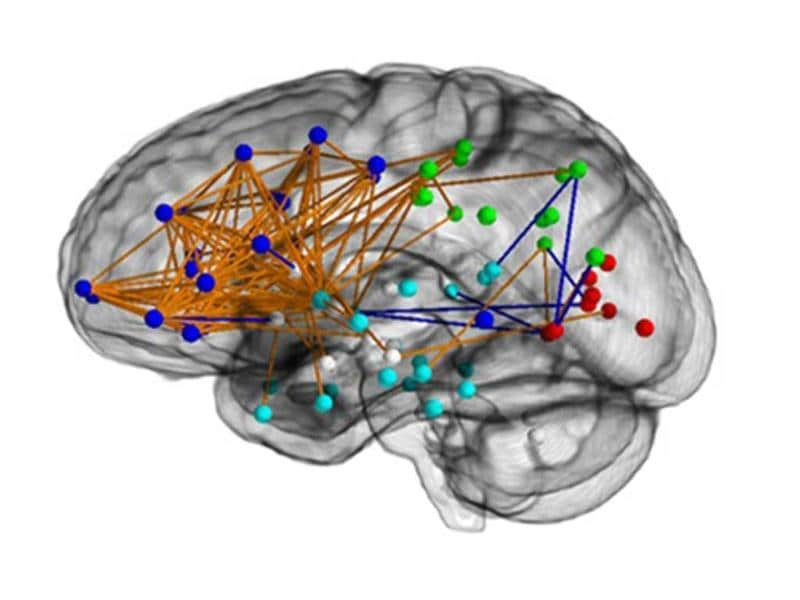Women better at multi-tasking than men, reveals study
It is a widely accepted fact that women are ahead of men when it comes to multi-tasking. But a new study by an Indian researcher will help unveil the truth behind this.

It is a widely accepted fact that women are ahead of men when it comes to multi-tasking. But a new study by an Indian researcher and her team will help unveil the truth behind this.
IIT Delhi alumna Ragini Verma, associate professor in the department of radiology at the Perelman School of Medicine at the University of Pennsylvania, and her team has carried out the study which helps explain different cognitive strengths in men and women.
The study was published in the Proceedings of National Academy of Sciences on Monday.
"These maps show a stark difference in the architecture of the human brain, which helps provide a potential neural basis as to why men excel at certain tasks, and women at others," said Verma.


Brain networks show increased connectivity from front to back and within one hemisphere in males (upper) and left to right in females (lower). Photo: Ragini Verma, PhD, Proceedings of National Academy of Science
For instance, on average, men are more likely better at learning and performing a single task at hand, like cycling or navigating directions, whereas women have superior memory and social cognition skills, making them more equipped at multi-tasking and creating solutions that work for a group.
In the study, gender-specific differences in brain connectivity were investigated during the course of development in 949 individuals (521 female subjects and 428 male subjects) aged between 8 and 22 years using diffusion tensor imaging (DTI).
The findings showed that females outperformed males on attention, word and face memory, and social cognition tests.
Males performed better on spatial processing and sensorimotor speed.
Those differences were most pronounced in the 12 to 14 age group.
"This should help determine why neuropsychaitric disease progresses differently in the two genders," she said.
Catch all the Latest Tech News, Mobile News, Laptop News, Gaming news, Wearables News , How To News, also keep up with us on Whatsapp channel,Twitter, Facebook, Google News, and Instagram. For our latest videos, subscribe to our YouTube channel.


























